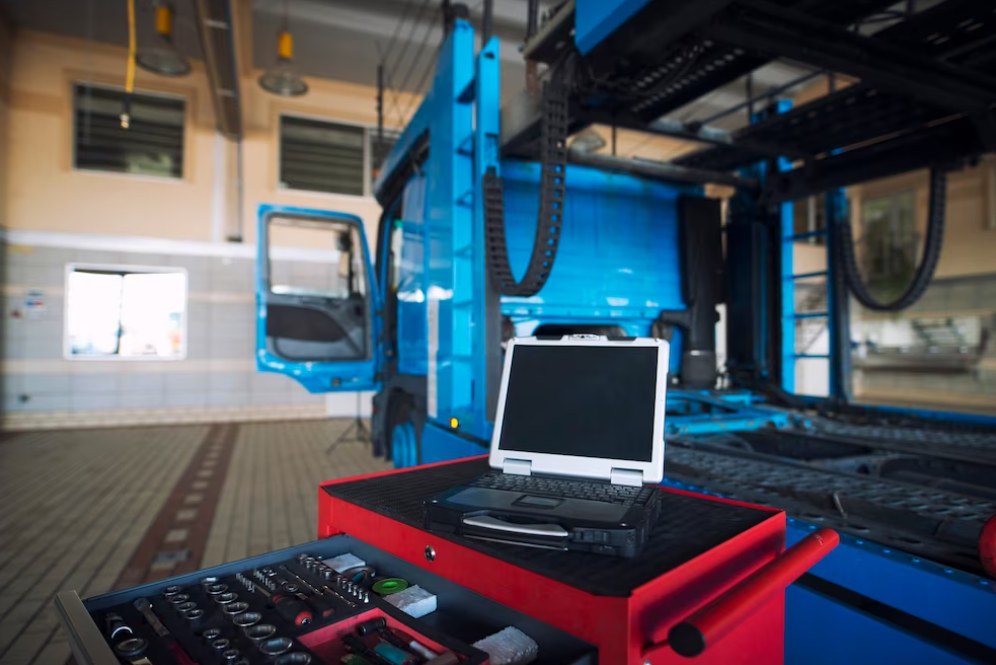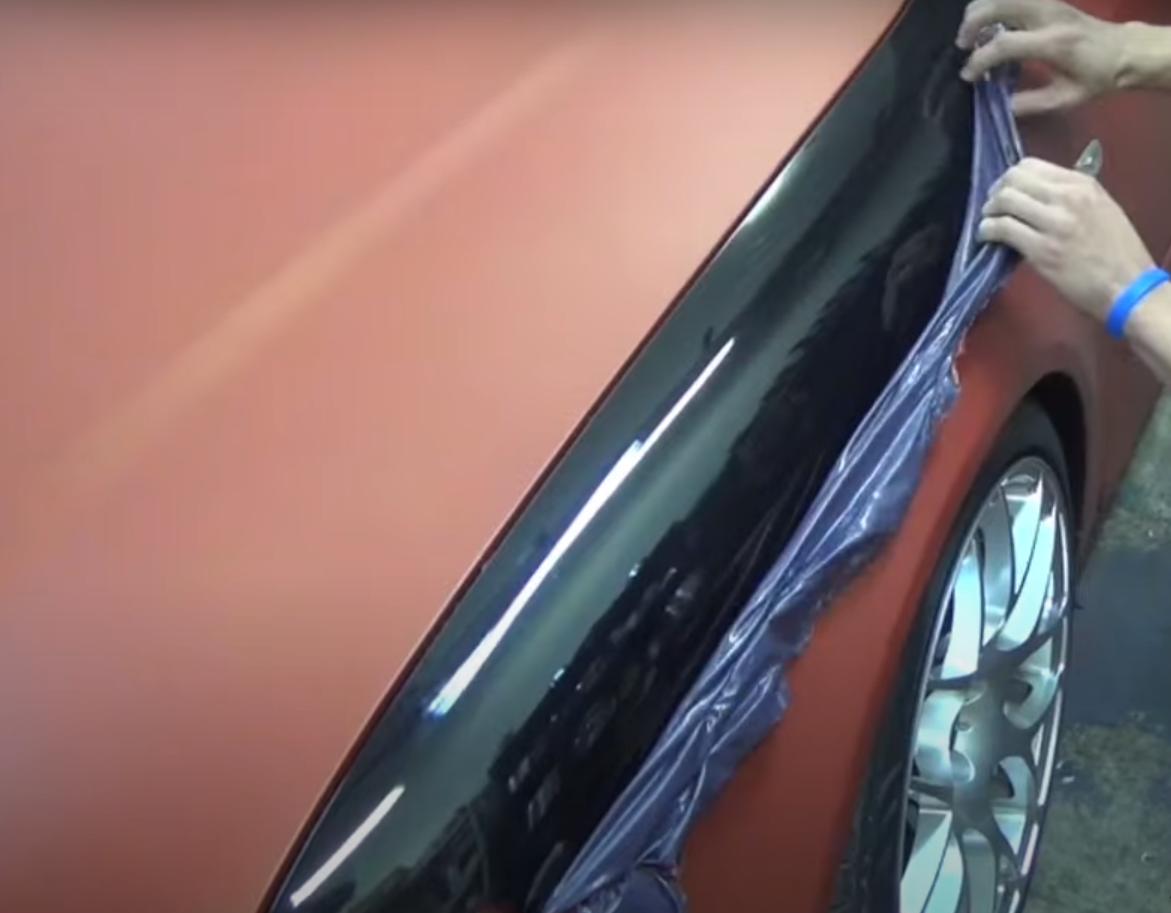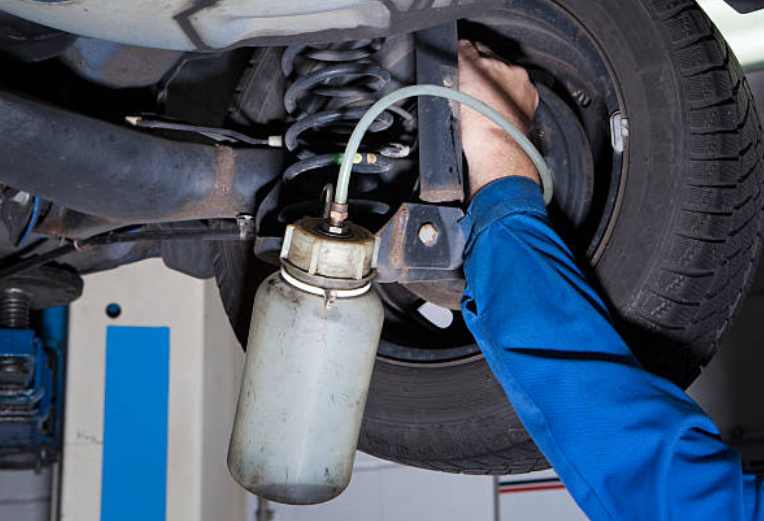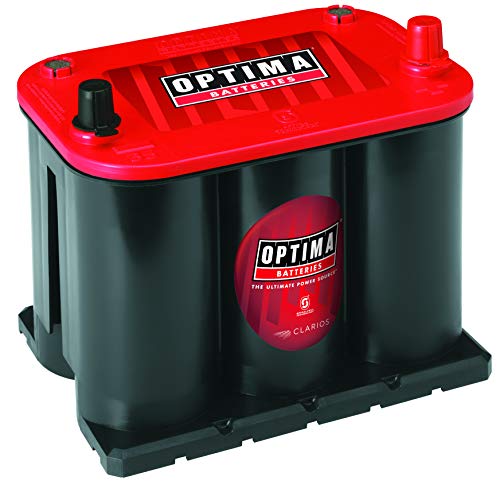Navigating the Journey of Hybrid Battery Replacement
Long-term maintenance of their electric vehicles can be a persistent concern for many EV owners. While the technology in electric vehicles is generally dependable, specific components may naturally degrade due to regular usage or exposure to extreme conditions.
Among these components, the vehicle's battery, which powers the electric drive, is particularly susceptible to wear and may benefit from regular replacement to maintain peak performance. Replacing a hybrid battery can appear daunting for those unfamiliar with the process, but this blog aims to provide practical insights to simplify the journey. Our objective is to empower hybrid vehicle owners by equipping them with the knowledge required to make informed decisions about their battery replacement, ensuring their vehicles continue to operate optimally.
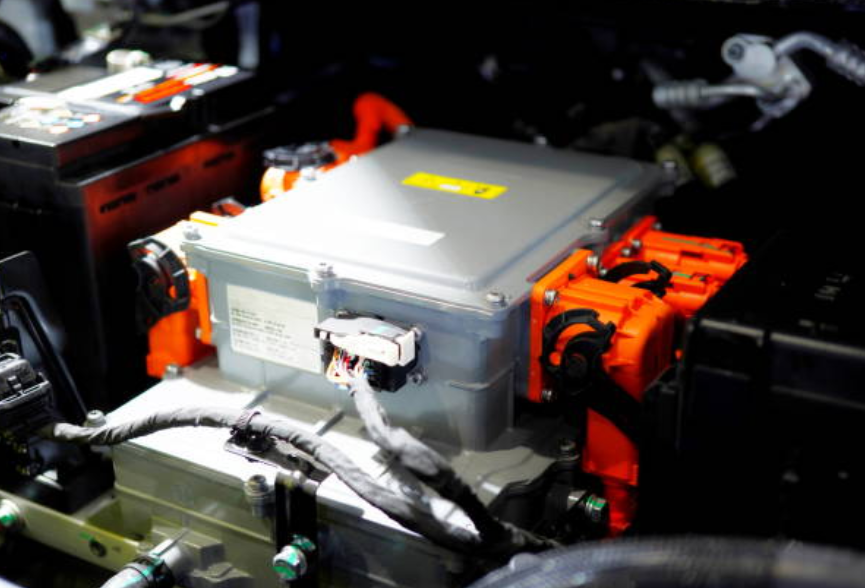
Why is Hybrid Battery Replacement Necessary?
Hybrid battery replacement is essential to maintain the optimal performance and efficiency of hybrid vehicles. Over time, the battery naturally degrades, resulting in reduced fuel efficiency, diminished electric-only range, and noticeable performance issues. Ignoring these signs can lead to increased emissions and safety concerns.
Furthermore, upholding a well-functioning battery is paramount in safeguarding the vehicle's environmental benefits and reducing its ecological footprint. When a hybrid battery exhibits substantial degradation or problems, replacement becomes an essential measure to guarantee the vehicle's ongoing dependability and its commitment to sustainability.
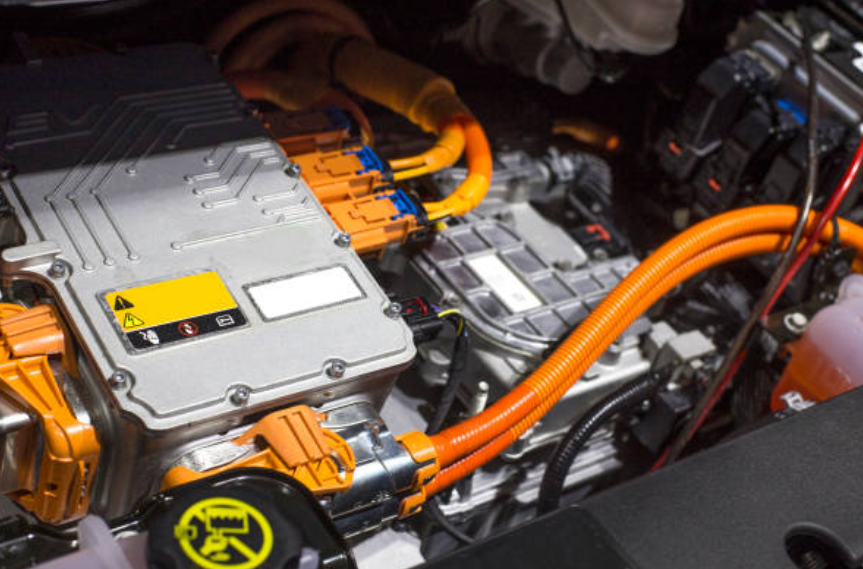
Reduced Fuel Efficiency: If you notice a significant drop in your vehicle's miles per gallon (MPG), especially in city driving, it could be a sign that the battery is losing its ability to assist the gasoline engine effectively.
Decreased Electric-Only Range: Hybrid vehicles can run on electric power alone for a certain distance. If your electric-only range has noticeably decreased, it may indicate a weakening battery.
Warning Lights or Error Codes: When the hybrid battery's state of health declines significantly, the vehicle's onboard computer may trigger warning lights or error codes on the dashboard. These lights are clear indicators of a battery issue and should not be ignored.
Diminished Performance: A failing hybrid battery can lead to a reduction in overall vehicle performance. You might experience sluggish acceleration, difficulty maintaining highway speeds, or a lack of power during acceleration.
Excessive Engine Running: If the gasoline engine in your hybrid vehicle is running more frequently than usual, it may suggest that the electric assist from the battery is insufficient, causing the engine to compensate.
Lingering Smell or Heat: In some cases, a failing hybrid battery can produce a distinct smell or excessive heat. If you notice these signs, it's essential to have the battery inspected promptly, as they could indicate a more severe issue.
Age and Mileage: Hybrid batteries have a finite lifespan, typically ranging from 8 to 15 years, depending on the make and model. If your vehicle is approaching this age range or has accumulated a high mileage, it's a good time to consider battery replacement proactively.
Difficulty Sustaining Electric Mode: When the vehicle struggles to maintain electric-only mode and frequently switches to gasoline power, it could be due to a deteriorating battery.
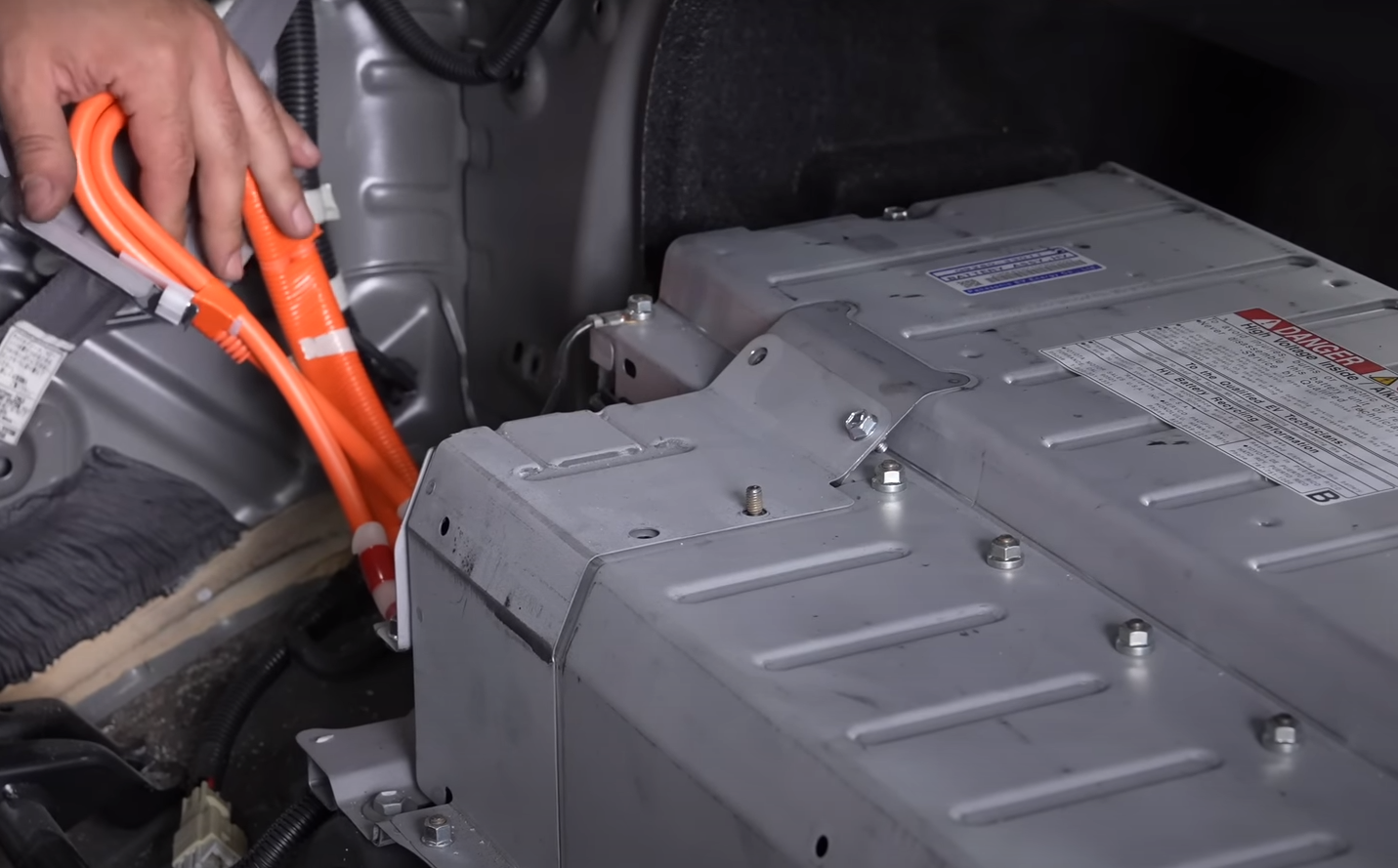
OEM (Original Equipment Manufacturer) Batteries:
- Advantages: OEM batteries, crafted by the same manufacturer as your vehicle, guarantee seamless compatibility and unwavering reliability. These batteries typically include warranties and are meticulously engineered to adhere to your vehicle's precise performance and safety criteria.
- Disadvantages: OEM batteries tend to be more expensive compared to other replacement options. The warranty duration can be longer than anticipated or it might vary.
Third-Party Batteries:
- Advantages: Third-party or aftermarket batteries often present a more budget-friendly alternative compared to OEM batteries. They can serve as a financially prudent option, particularly for aging hybrid vehicles that may have exceeded their warranty coverage.
- Disadvantages: The quality and compatibility of third-party alternatives may fluctuate, underscoring the importance of diligent research and selecting a trustworthy supplier. It's noteworthy that certain third-party batteries may not adhere to the identical performance and safety benchmarks as OEM counterparts.
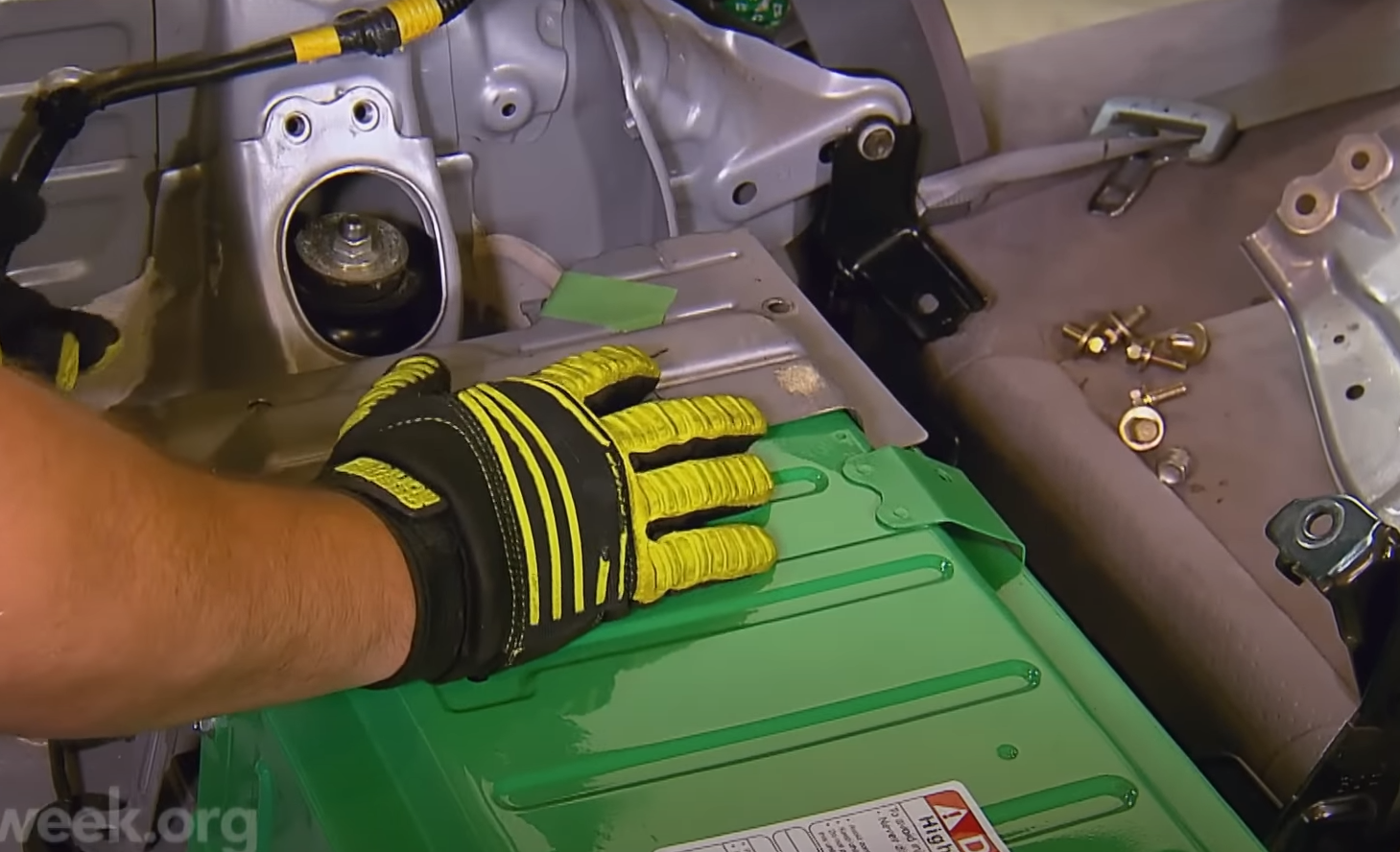
Remanufactured Batteries:
- Advantages: Remanufactured batteries are original hybrid batteries that have been refurbished, often by replacing individual cells or modules that have degraded. This option is more environmentally friendly and can be cost-effective.
- Disadvantages: The quality of remanufactured batteries can vary based on the expertise of the refurbishing company. It's essential to choose a reputable source for remanufactured batteries to ensure they meet quality and safety standards.
Repaired or Reconditioned Batteries:
- Advantages: Battery repair or reconditioning involves fixing specific issues within the battery, such as replacing damaged cells or modules. It can be a cost-effective option for addressing minor battery problems.
- Disadvantages: Repaired batteries may not address underlying issues, and their lifespan can be limited. They are suitable for specific situations but not for more severe battery degradation.
DIY Battery Cell Replacement:
- Advantages: Some experienced hybrid owners with technical skills may choose to replace individual battery cells themselves, which can be the most budget-friendly option.
- Disadvantages: DIY replacement requires advanced knowledge, and it may not be feasible for all hybrid owners. It is also not recommended for high-voltage battery packs, which can be dangerous to handle.
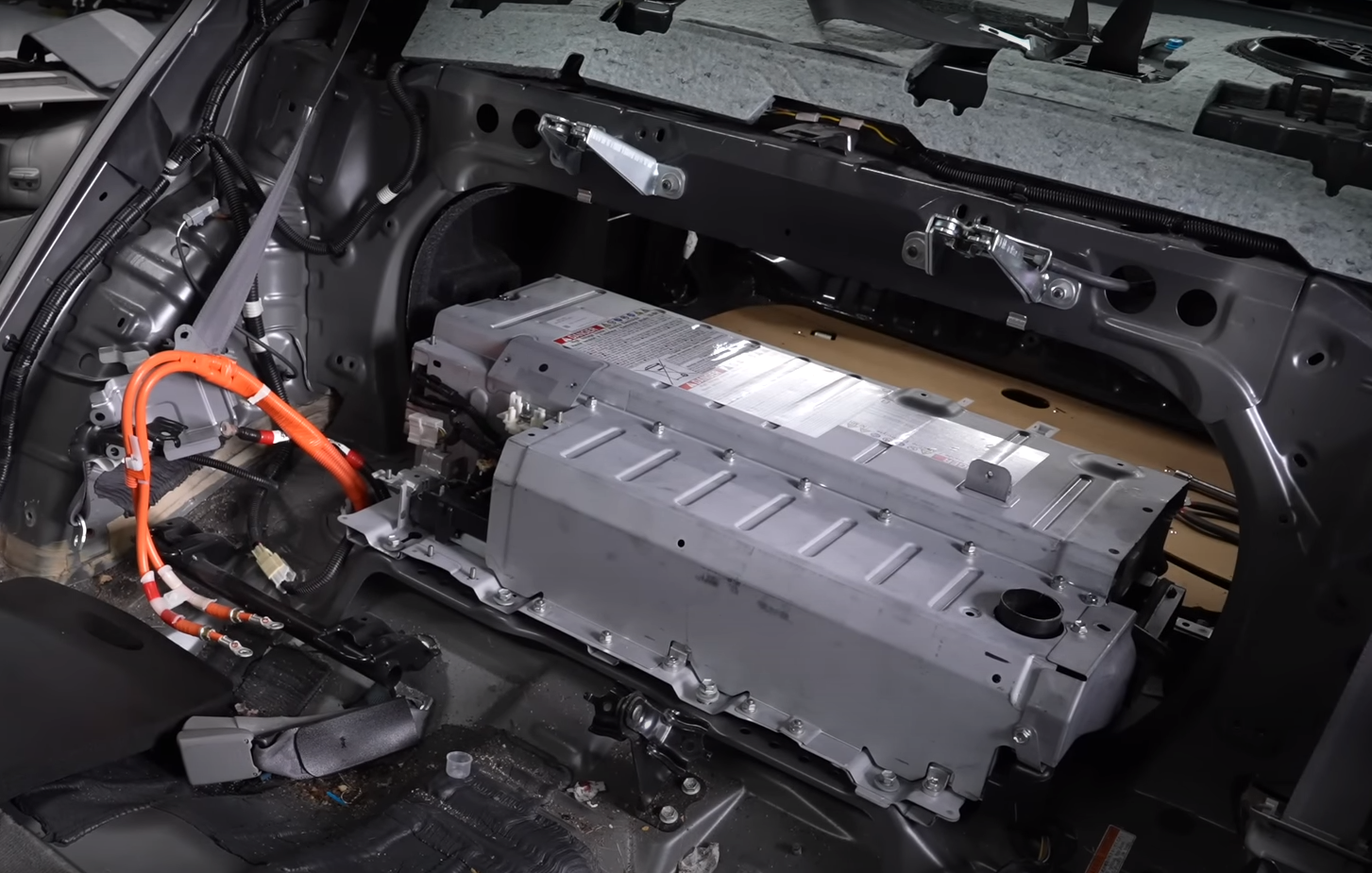
Selecting a dependable mechanic or service center for hybrid battery replacement is a critical decision to safeguard the integrity and performance of your hybrid vehicle. To make this choice, start by seeking certified professionals with expertise in hybrid technology.
Rely on referrals from fellow hybrid owners and explore online reviews and ratings to gauge the reputation and track record of different service providers. Visiting multiple locations and requesting written estimates allows for thorough comparisons in terms of pricing and services. It's essential to clarify the warranties and guarantees on both the replacement battery and the installation process.
Inspecting the facility in person, asking pertinent questions, verifying licensing and insurance, and assessing the level of customer service are all vital steps in making an informed choice. Ultimately, the right mechanic or service center will ensure a seamless and reliable hybrid battery replacement.
-
Can I replace the hybrid battery myself?
Replacing a hybrid battery is a complex task that requires expertise and safety precautions. It is not recommended for most owners, and professional installation is advisable.
-
Are there warranties for hybrid battery replacements?
Many replacement batteries come with warranties, and this can vary between manufacturers and suppliers. It's essential to understand the terms of any warranty.
Read more article here: The 10 Best Cooling Fans



